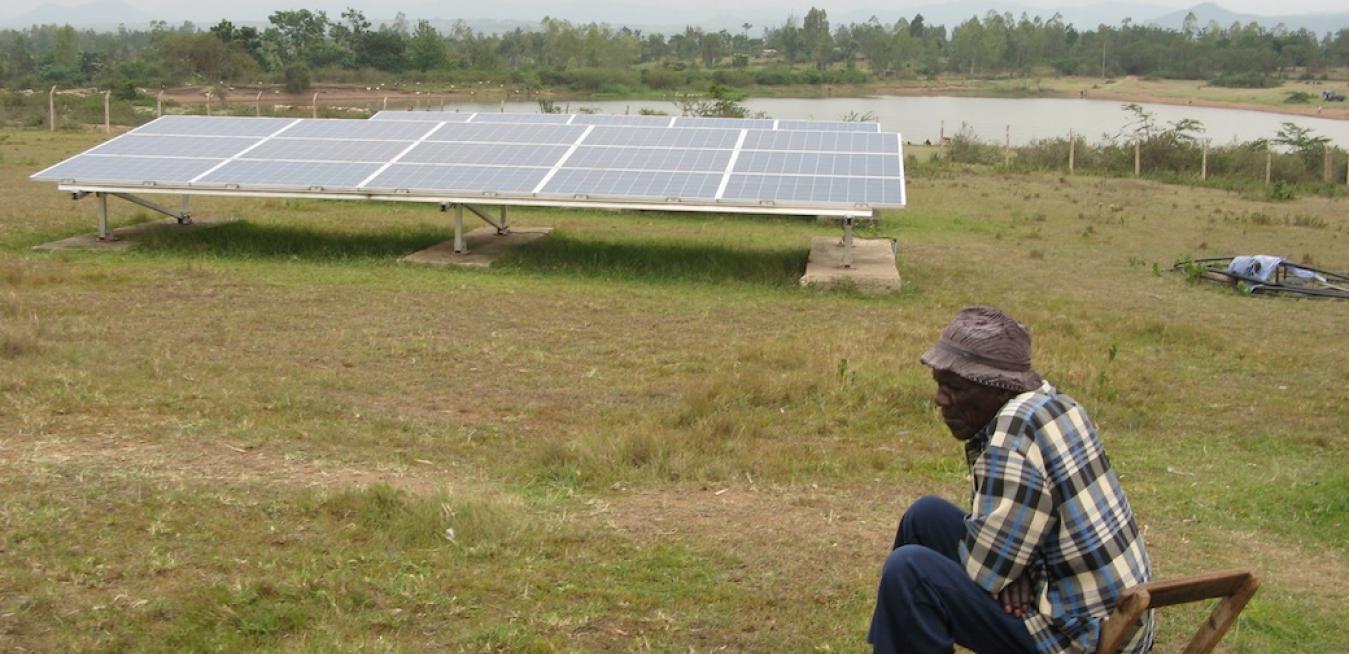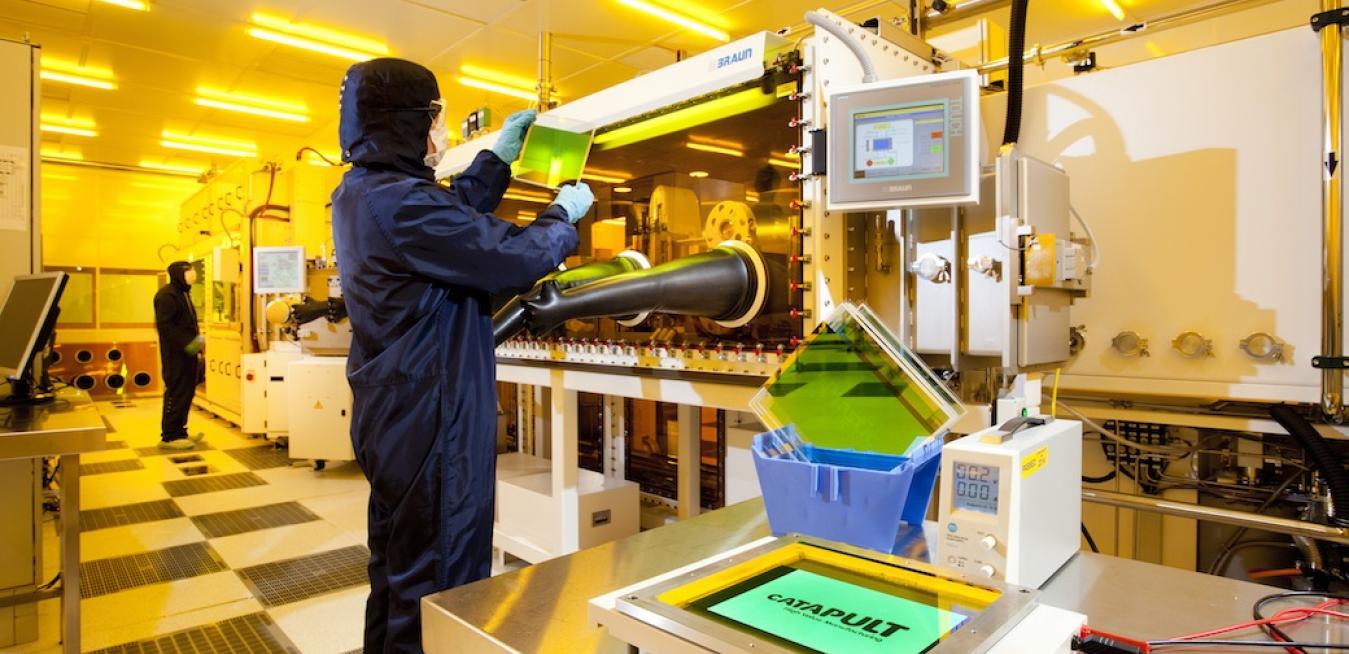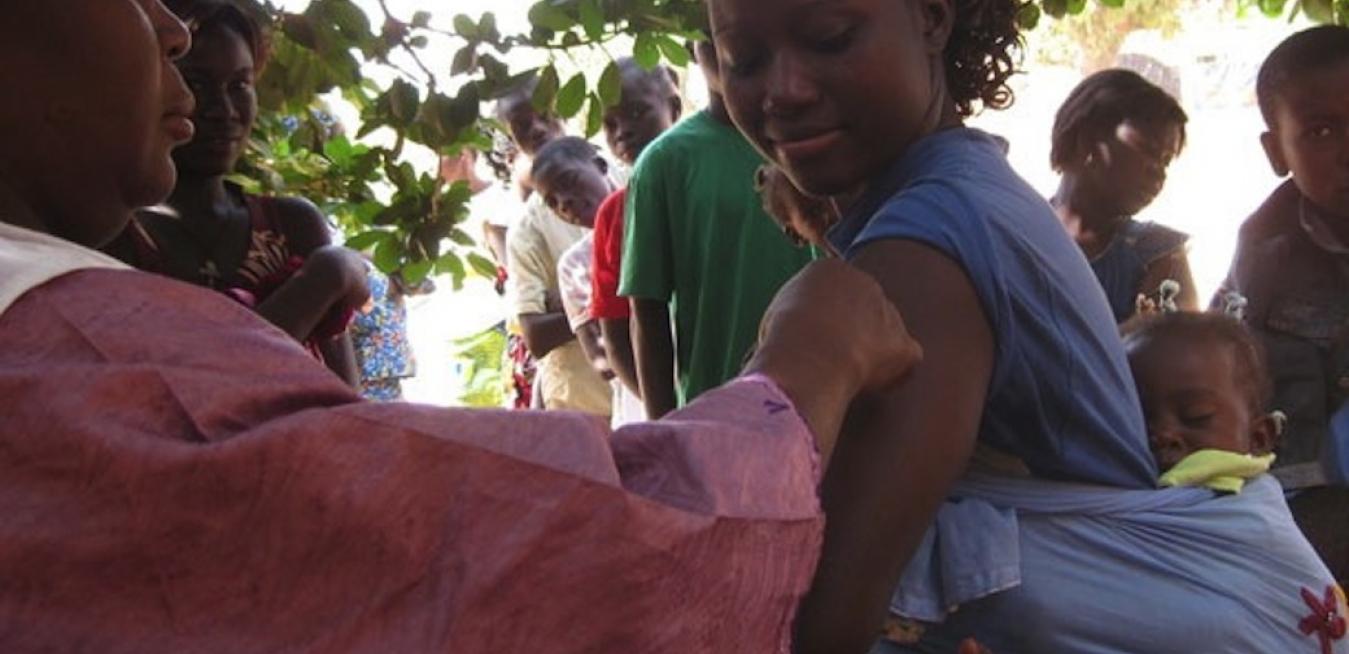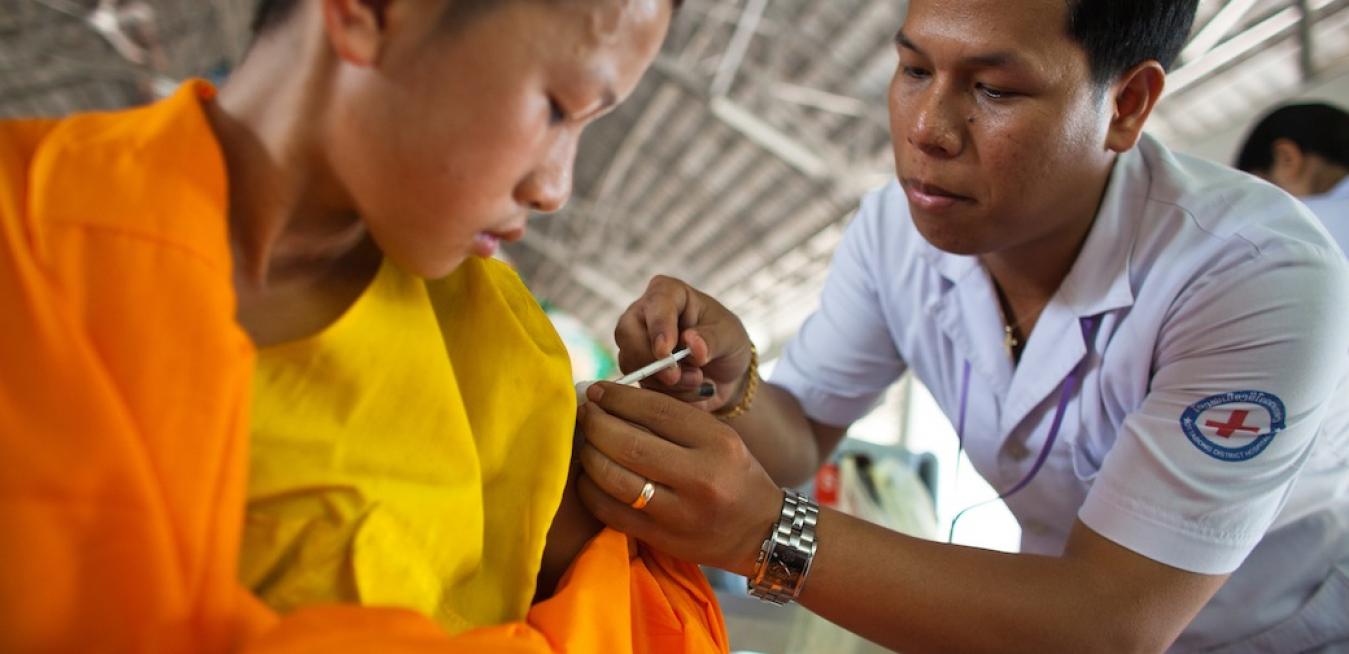With 600 million Africans hungry for electricity, off-grid energy is poised to take off — if local entrepreneurs can get the capital they need to scale their business.
Getting electricity to the 600 million people across Africa living without it is a major undertaking, and building large power plants to supply energy to national grids is only part of the solution. With much of the population living in remote areas, the off-grid energy sector in Africa is poised for takeoff.
The revised Information Technology Agreement represents a significant win for public health, but tariffs should be reduced quickly to maximize the potential benefits for people around the world.
When something happens only once every 20 years, it deserves to be recognized. Such is the case now, as over 50 nations have just agreed to eliminate tariffs on breakthrough medical products that can help diagnose and treat patients around the world.
With a new industrial revolution underway, African policymakers must start building a pipeline of the right skills for the Future of Work.
Sub-Saharan Africa has been the second-fastest growing region in the world for the last decade and a half. A long commodity boom has helped, but African countries have also started to improve business conditions and strengthen institutions.
When President Obama meets with African entrepreneurs in Kenya this week, he will discover innovative minds eager for partnership, Dr. Frannie Leautier says in the first of a two-part interview.
Rick Dalton discusses how to help low-income students become ready for 21st century careers.
It was supposed to be a night of pure celebration when 55 recent college grads from Harlem and the Bronx gathered at New York City’s Harvard Club to share insights on how they had overcome obstacles. I knew all these young adults through their involvement with College for Every Student (CFES), an organization that helps low-income students get to and through college.
Innovation hubs show how private- and public-sector collaboration can help enable entrepreneurs compete in an increasingly competitive global economy.
As any innovator with a great idea will tell you, getting that idea into the marketplace can be a tortuous task. Without serious support (financial or otherwise) many great inventions are doomed to progress no further than the drawing board.
The United States has long demonstrated leadership in tackling health challenges in developing countries, whether fighting HIV/AIDS or containing the recent Ebola outbreak in West Africa.
Trade expert Gary Hufbauer grades the global trade agenda “incomplete,” but bright prospects for the Trans-Pacific Partnership and progress at the WTO still bode well for trade liberalization.
It’s time to double-down on healthcare innovation, not stifle it by weakening global intellectual property standards.
In a not-so-shocking revelation, a recently leaked draft of the Trans-Pacific Partnership (TPP) intellectual property (IP) chapter turned up the fact that…surprise…the United States is fighting for its domestic industries in a trade agreement.
Without the Ex-Im Bank, American businesses and employees will compete on a very uneven playing field.
The charter of the Export-Import Bank of the U.S. (Ex-Im) expired at the end of June, disabling it from making any new loans unless Congress takes action now that it has returned from its July 4th recess. I have heard some Ex-Im opponents cheer this charter lapse as an “historic victory.” But the only thing that will be “historic” is the enormity of the blunder in failing to renew Ex-Im’s charter.














